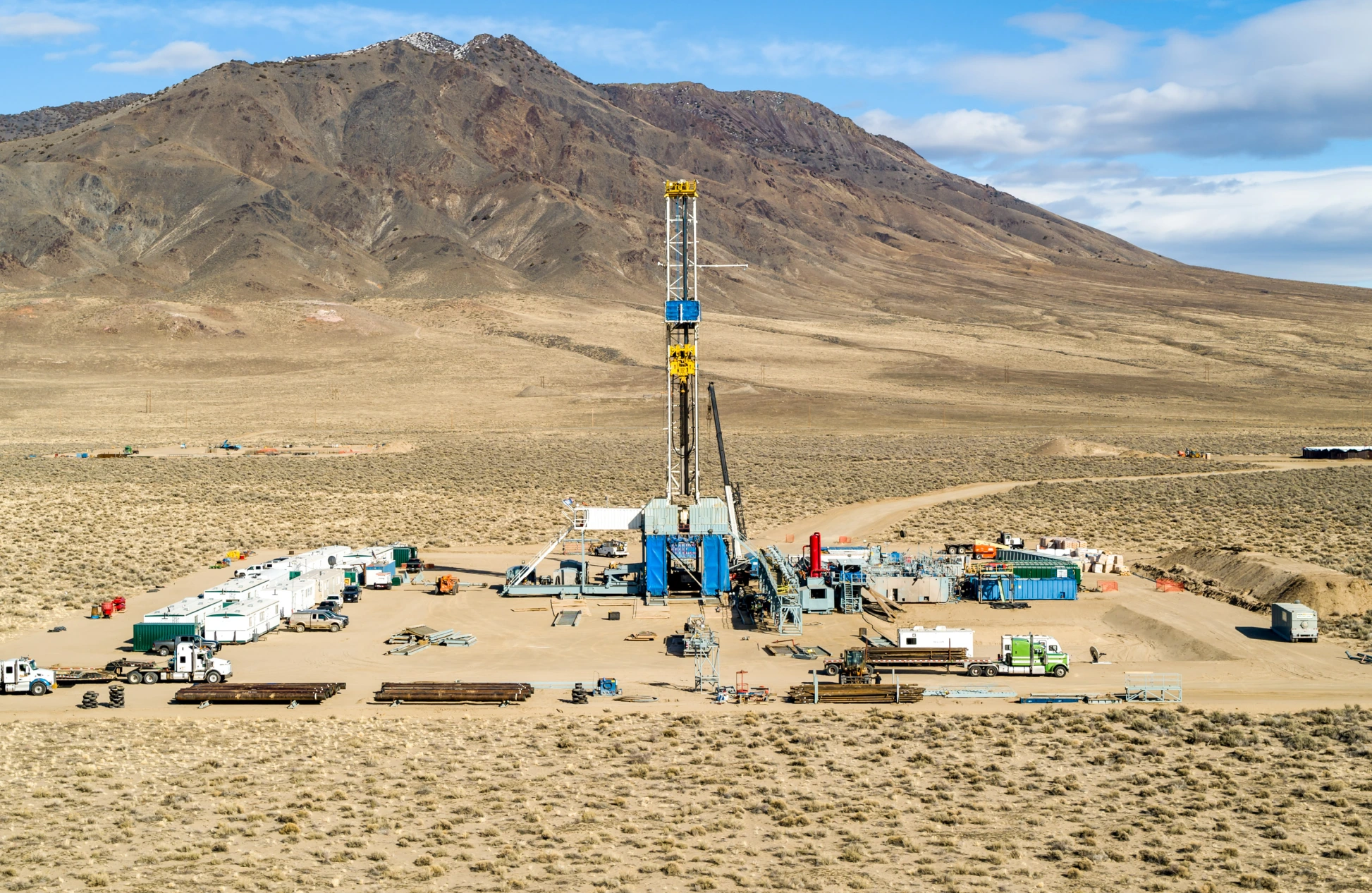Exclusive: A geothermal startup showed its wells can be used like a giant underground battery.
— MIT Technology Review (@techreview) March 7, 2023
If these field results work at commercial scale, it could become cheaper and easier to eliminate greenhouse-gas emissions from the grid. https://t.co/DkgfPgldZE
Geothermal power plants work by circulating water through hot rock deep beneath the surface. In most modern plants, it resurfaces at a well head, where it’s hot enough to convert refrigerants or other fluids into vapor that cranks a turbine, generating electricity.
But Houston-based Fervo Energy is testing out a new spin on the standard approach—and on that day, its engineers and executives were simply interested in generating data.
The readings from gauges planted throughout the company’s twin wells showed that pressure quickly began to build, as water that had nowhere else to go actually flexed the rock itself. When they finally released the valve, the output of water surged and it continued pumping out at higher-than-normal levels for hours.
The results from the initial experiments—which MIT Technology Review is reporting exclusively—suggest Fervo can create flexible geothermal power plants, capable of ramping electricity output up or down as needed. Potentially more important, the system can store up energy for hours or even days and deliver it back over similar periods, effectively acting as a giant and very long-lasting battery. That means the plants could shut down production when solar and wind farms are cranking, and provide a rich stream of clean electricity when those sources flag.
More at MIT Technology Review and Fervo Energy
